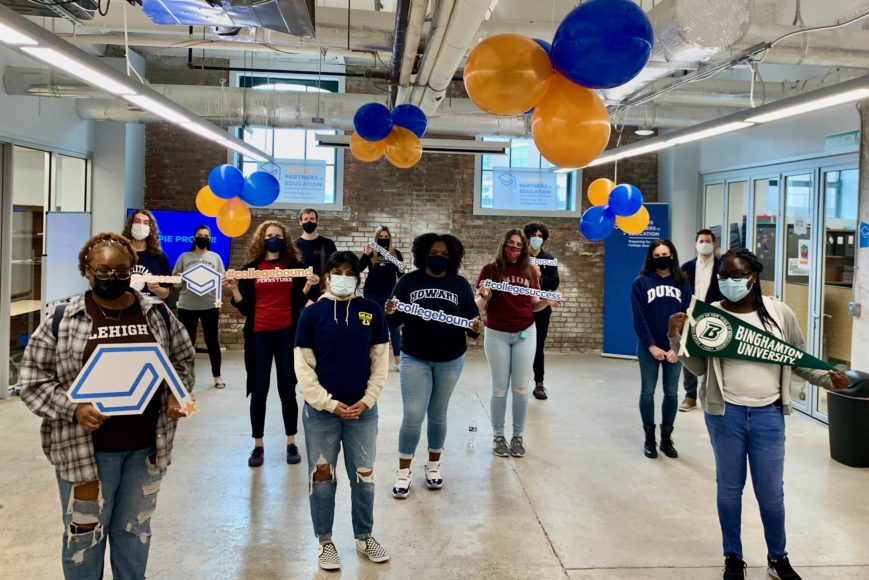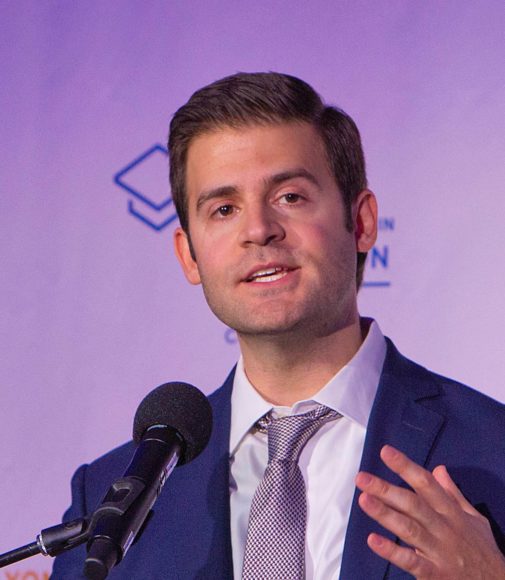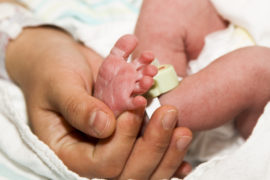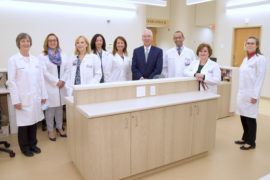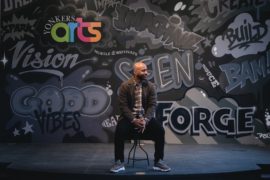With so much economic, political and social uncertainty, how do we guide our students?
One of our jobs as educators is to equip students for the world that doesn’t yet exist. Young people must learn skills that will serve them in jobs that haven’t been created, jobs that are changing at a rapid pace. Charting a path to this uncertain future is a challenge for the American educational system.
Yet even as the pandemic has accelerated conversations about alternative career paths, data make clear that college remains a key tool for economic mobility, especially for young people like those in Yonkers.
Getting to college takes a community. Working alongside the committed educators in the Yonkers public high schools, Yonkers Partners in Education’s (YPIE) team of teachers, college advisers and more than 270 volunteers have been partnering with students for nearly 15 years to ensure they are ready for, enroll in and persist in college.
Yonkers is reflective of many cities across the country. Students in our city’s schools are overwhelmingly low-income students of color and likely to be the first in their families to go to college. All of the economic, political and social trends affecting young people across the country are felt acutely right here.
Georgetown University’s Center on Education and the Workforce recently released a report that reinforces what YPIE has learned on the ground about maximizing the chances that a student from a city like Yonkers will achieve economic success.
College still matters: Data from the U.S. Bureau of Labor Statistics show that postsecondary education not only increases earnings, but also serves as a safety net during economic downturns. We’ve seen the unemployment rate remain relatively low during the pandemic for those with higher educational attainment. YPIE has seen hundreds of students leverage their education to find well-paying jobs that can support them and their families.
Students need direction: At YPIE, advisers know that not all colleges are created equal. Some are better at supporting students like those from Yonkers. At those schools, students will have a better chance of attaining a degree. College counseling for first-generation students is about way more than navigating confusing paperwork.
The playing field isn’t level: It’s up to all of us to ensure that we are building a robust educational landscape to give every student a shot, including academic preparation for the rigors of college; mentors and role models with a listening ear; individualized college and career guidance; community and mental health resources; and constant reminders that students and families are not alone.
Investing in our young people isn’t only about providing individual students with opportunity. It’s critical for innovation and long-term economic growth for the whole community.
It lifts up all of Westchester.
As a society, we don’t have the luxury of missing out on the genius of our young people. We’ll need them to create a less uncertain future.
For more, visit ypie.org.
Samuel Wallis has been the executive director of Yonkers Partners in Education (YPIE) since July 2019. Wallis began his work in education through Teach for America as a teacher in the Mississippi Delta before returning to New York to join the leadership team at a Democracy Prep high school. Wallis graduated from Tufts University and earned his master’s degree from Columbia University Teachers College.
Yonkers’ education at a glance
The $2 billion “Rebuild Yonkers Schools” plan includes a new public school on the site of the former St. Denis School to open in the fall of 2023.
Graduation rates have increased 18%, with Yonkers’ graduation rate of 91% beating the state average of 85% and the Westchester County rate of 90%.
The percentage of adults 25 and older with a Bachelor of Arts degree rose from 17.5% in 2012 to 19.4% in 2019.
— Supplied by the city of Yonkers

